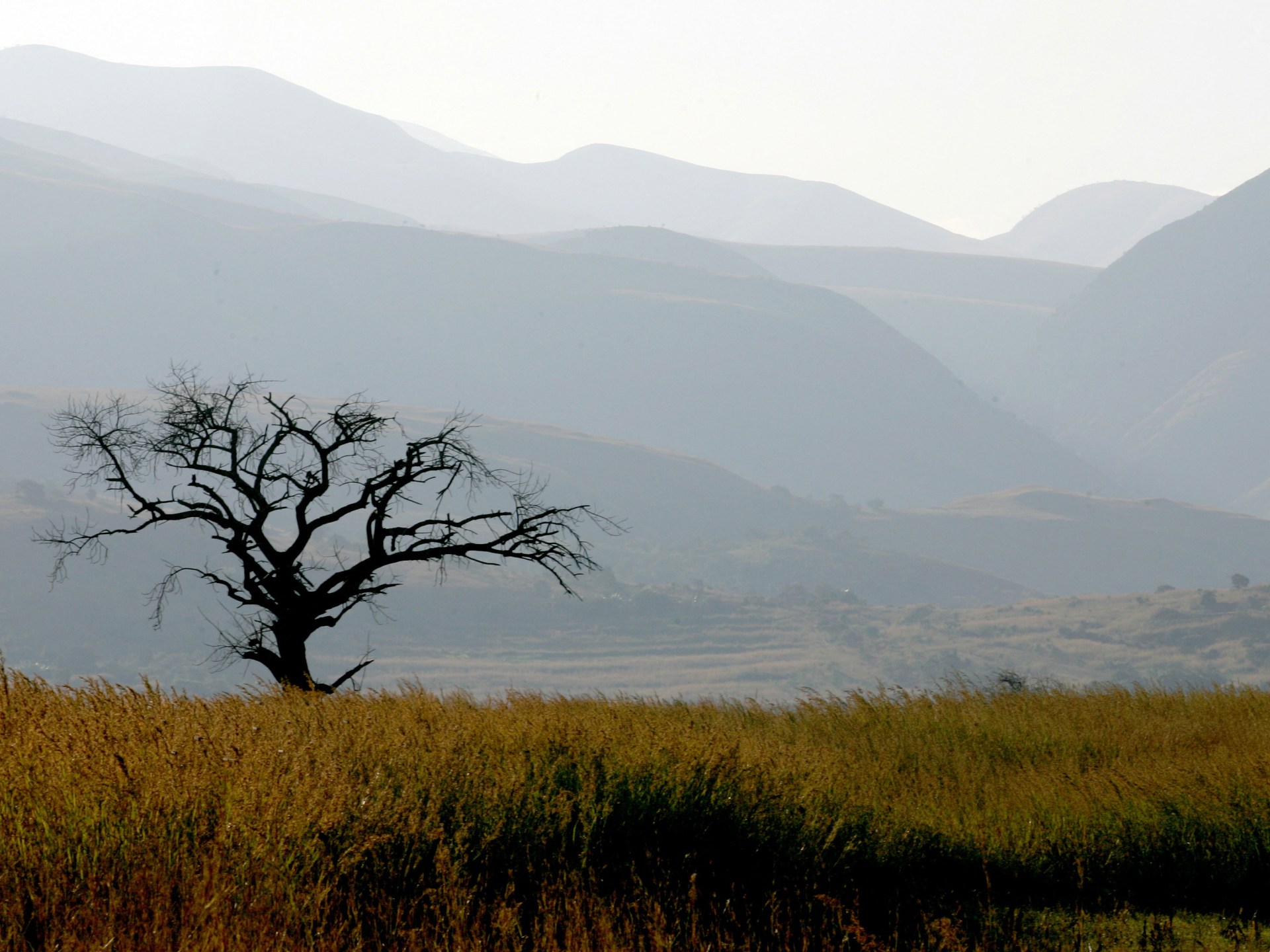In the heart of Eswatini’s Jilobi Forest, a biodiversity hotspot in the Lubombo region, longstanding disputes among the three chiefdoms in the territory have recently been set aside in a remarkable turn of events. Tensions that once ran high due to boundary disputes and resource management issues have now given way to a shared goal of preserving their invaluable land.
According to Muzi Maziya, a 32-year-old resident of the Lukhetseni constituency, these disputes led to illegal activities such as wood-cutting and livestock theft, as outsiders and community members took advantage of the division between the chiefdoms of Maphungwane, Tikhuba, and Lukhetseni. This rivalry posed a significant threat to the diversity of the Jilobi Forest, as environmentalists pointed out.
Chief Maliwa Maziya of Maphungwane highlighted the challenges that arose from border disputes and illegal activities like livestock theft. The tensions not only affected the relationships among the chiefdoms but also led to the poaching of wild animals and illegal harvesting of plants within the forest.
Despite the past conflicts, efforts are now being made to collectively manage and protect the forest. The establishment of the Jilobi Joint Trust committee, in collaboration with local and international organizations, has paved the way for reconciliation between the chiefdoms and the implementation of sustainable forestry practices.
An ecotourism development project initiated in 2021 aims to help locals manage the forest sustainably while promoting peace and cooperation among the chiefdoms. Chief Maliwa emphasized the importance of conservation projects and encouraged the community to invest in the forest’s preservation.
Workshops have been organized to raise awareness about the value of biodiversity and the role of the Jilobi Forest in climate change mitigation. Through these initiatives, the majority of community members and chiefs have come together to find common ground on how to collectively conserve the area.
With the support of the United Nations Development Programme Eswatini, a new pilot project near the Jilobi Forest aims to establish permaculture gardens, promote wildlife conservation, and enhance community livelihoods. The region was designated a biosphere reserve by UNESCO in 2019, further emphasizing the importance of local community involvement in the management and preservation of the area.
The recent efforts to reconcile and collaborate for the conservation of the Jilobi Forest mark a turning point in the relationship among the chiefdoms, with locals recognizing the significance of their collective heritage and the need to protect this vital natural resource for future generations.

